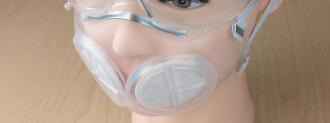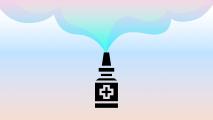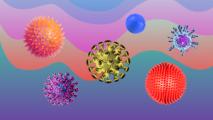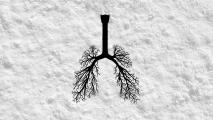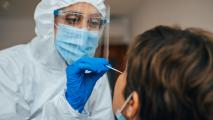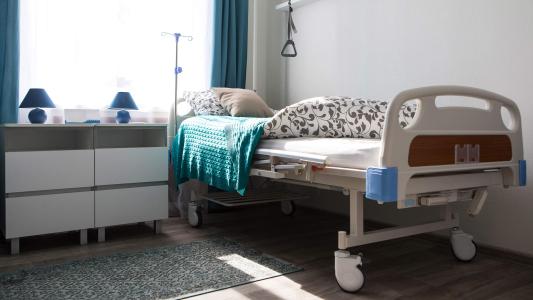To protect workers from airborne particles as they battle COVID-19, some healthcare facilities have asked their doctors and nurses to reuse their N95 masks because there’s simply not enough of them on hand.
Reusing disposable masks, though, can make them less effective. But now, engineers have designed a reusable N95 mask made out of silicone rubber — a development that could help hospitals protect their staff as they treat coronavirus patients.
Designing a Reusable N95 Mask
Researchers at MIT and Brigham and Women’s Hospital in Boston designed the new reusable N95 mask.
The bulk of the mask is made from silicone, which is durable and can be formed into practically any shape, through injection molding — a fast, highly automated process that would make it easy to mass produce the reusable N95 mask.
The mask also has two slots for N95 filters.
“With this design, the filters can be popped in and then thrown away after use, and you’re throwing away a lot less material than an N95 mask,” BWH engineer Adam Wentworth said in a news release. The mask is also reportedly easy to sterilize.
Another benefit is that it’s clear, allowing for patients to see their healthcare provider’s facial expressions.
“Face masks can really change the dynamic between folks and that can certainly have an impact on the health care provider and patient experience,” James Byrne, co-leader of the proof-of-concept study, told the Boston Herald.
Testing the Face Masks
Once they had a prototype of their reusable N95 mask in hand, the researchers tested it on 20 healthcare workers.
The researchers plan to make their reusable N95 mask open source.
During the test, workers were asked to perform various movements while wearing the mask in a room sprayed with a sugar solution. If the mask didn’t stay in place, the wearers would’ve been able to smell and taste the solution — but none did.
After the fit test, the researchers asked the participants to complete a survey about the mask.
Sixty percent said they had no preference between the reusable N95 mask and the standard disposable one, while 25% said they would prefer the reusable mask.
Scaling Up Production
The mask is now in a second clinical trial and the researchers expect it to be ready for the public within a couple of months.
Once they have a final design of their reusable N95 mask they plan to make it open source.
The researchers estimate that the cost of manufacturing each mask could be as low as $5. The costs of the pop-in N95 filters themselves would be “cents, probably,” Byrne said.
A disposable N95 mask is cheaper — about 50 cents — but the ability to safely reuse these masks could make them well worth the additional upfront cost.
“We know that COVID is really not going away until a vaccine is prevalent,” Byrne said in the news release. “I think there’s always going to be a need for masks, whether it be in the health care setting or in the general public.”
We’d love to hear from you! If you have a comment about this article or if you have a tip for a future Freethink story, please email us at tips@freethink.com.
